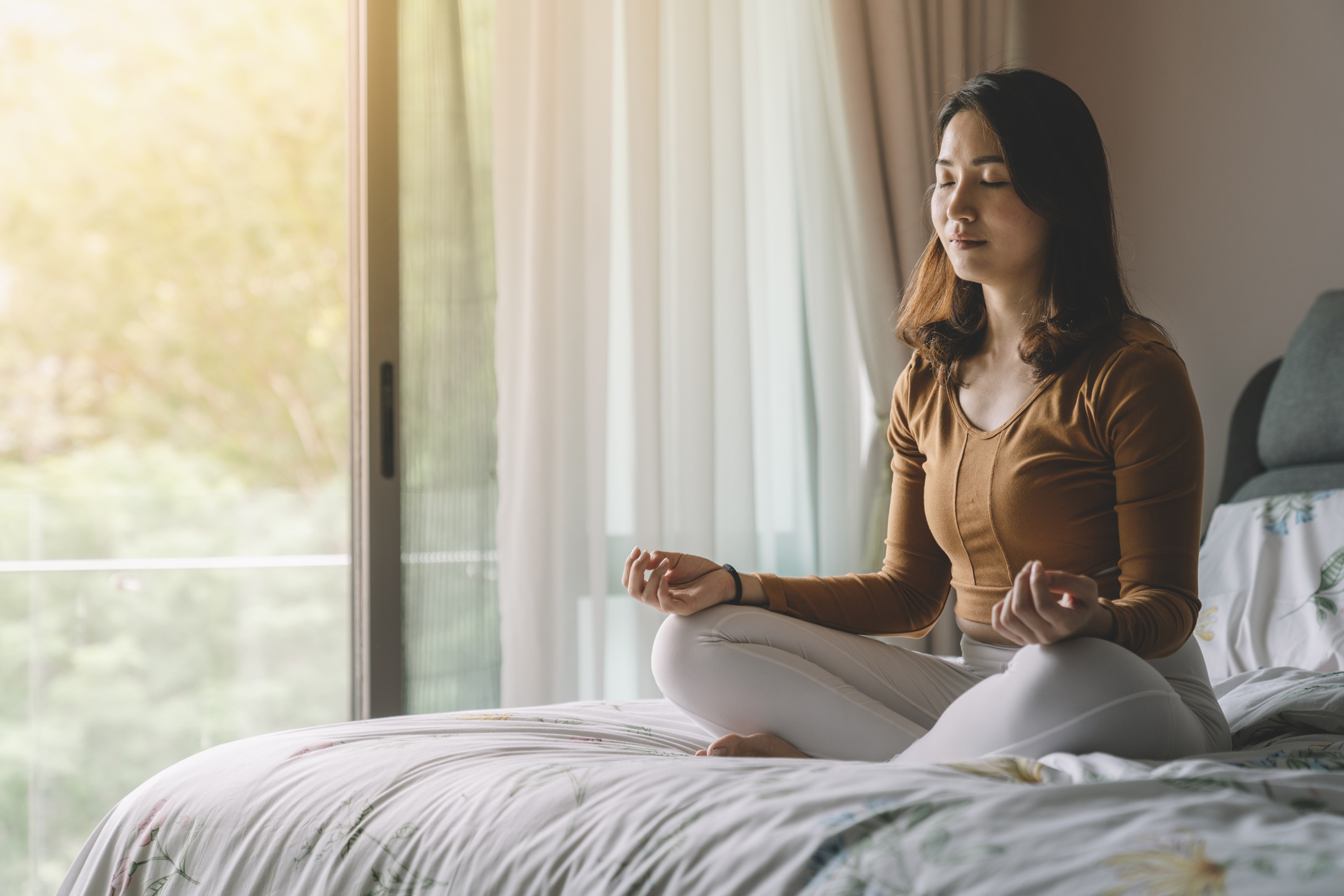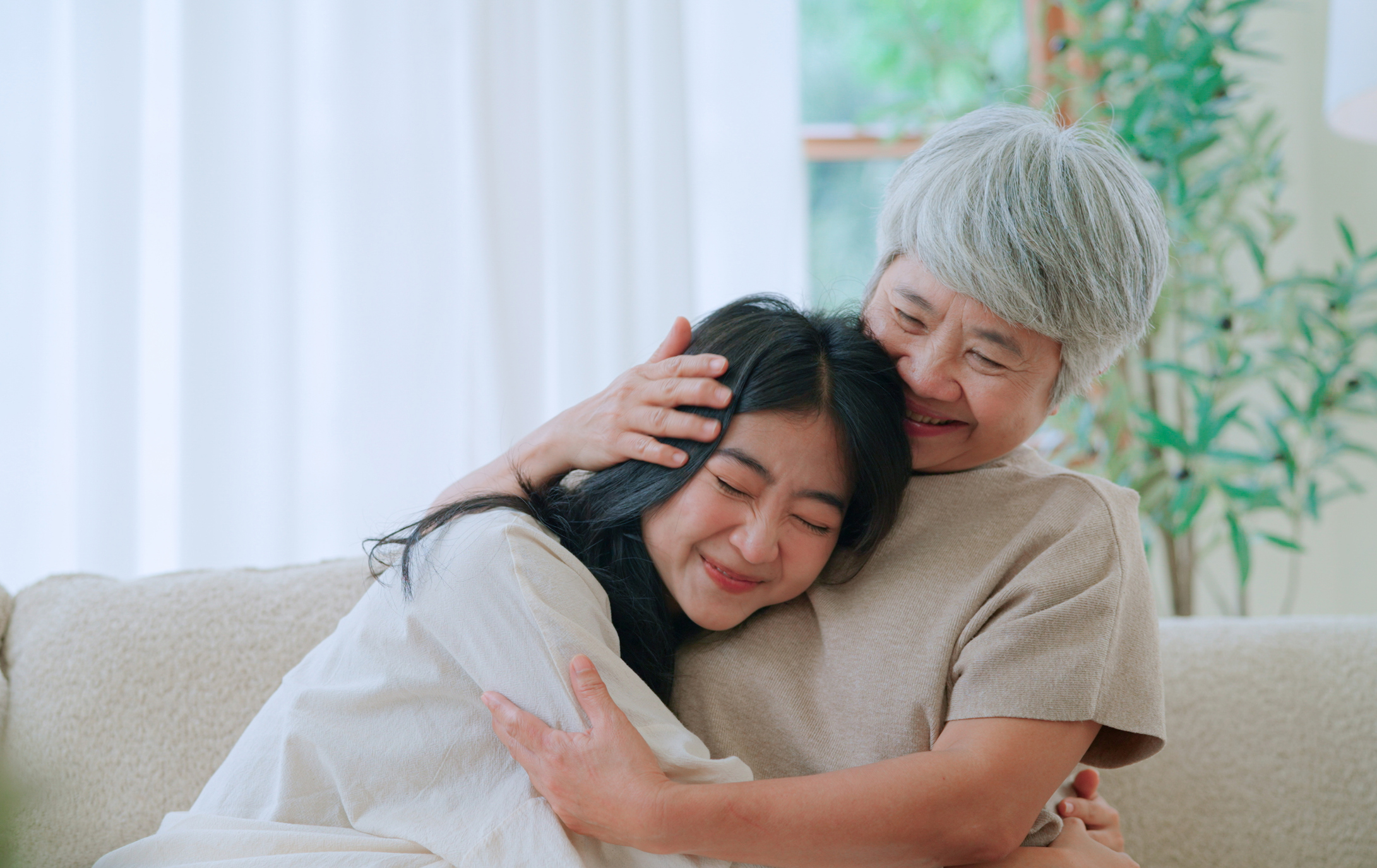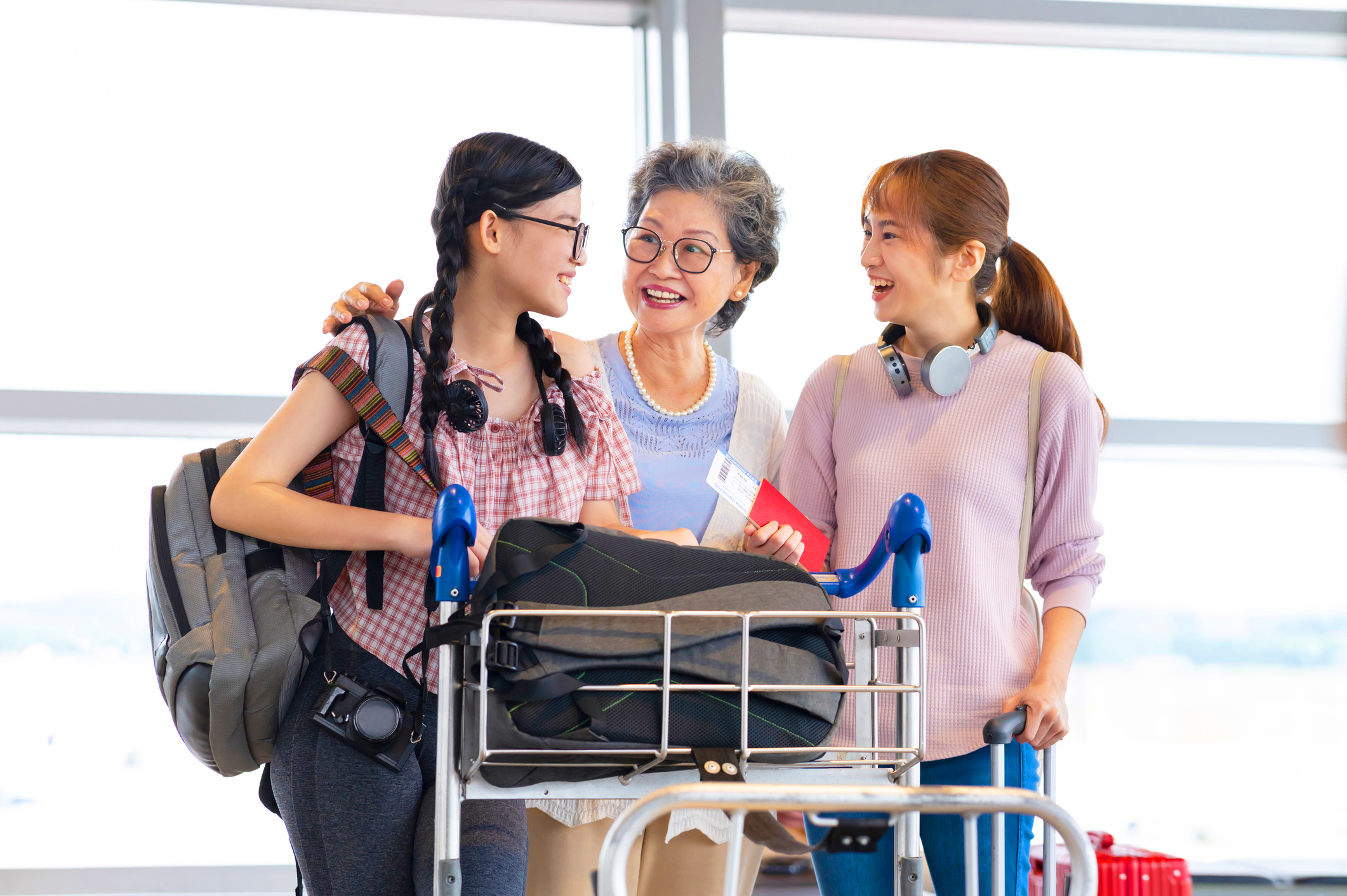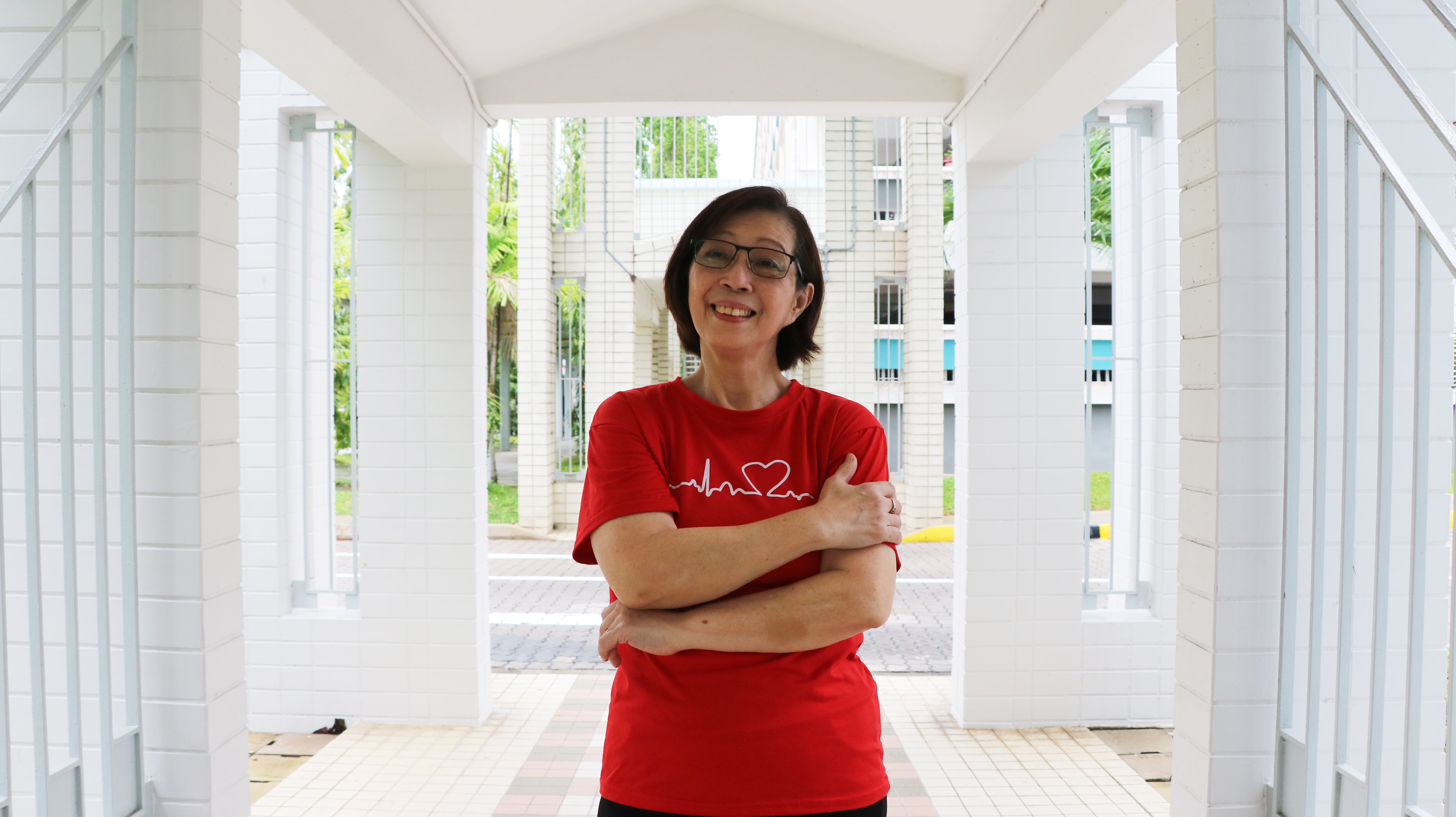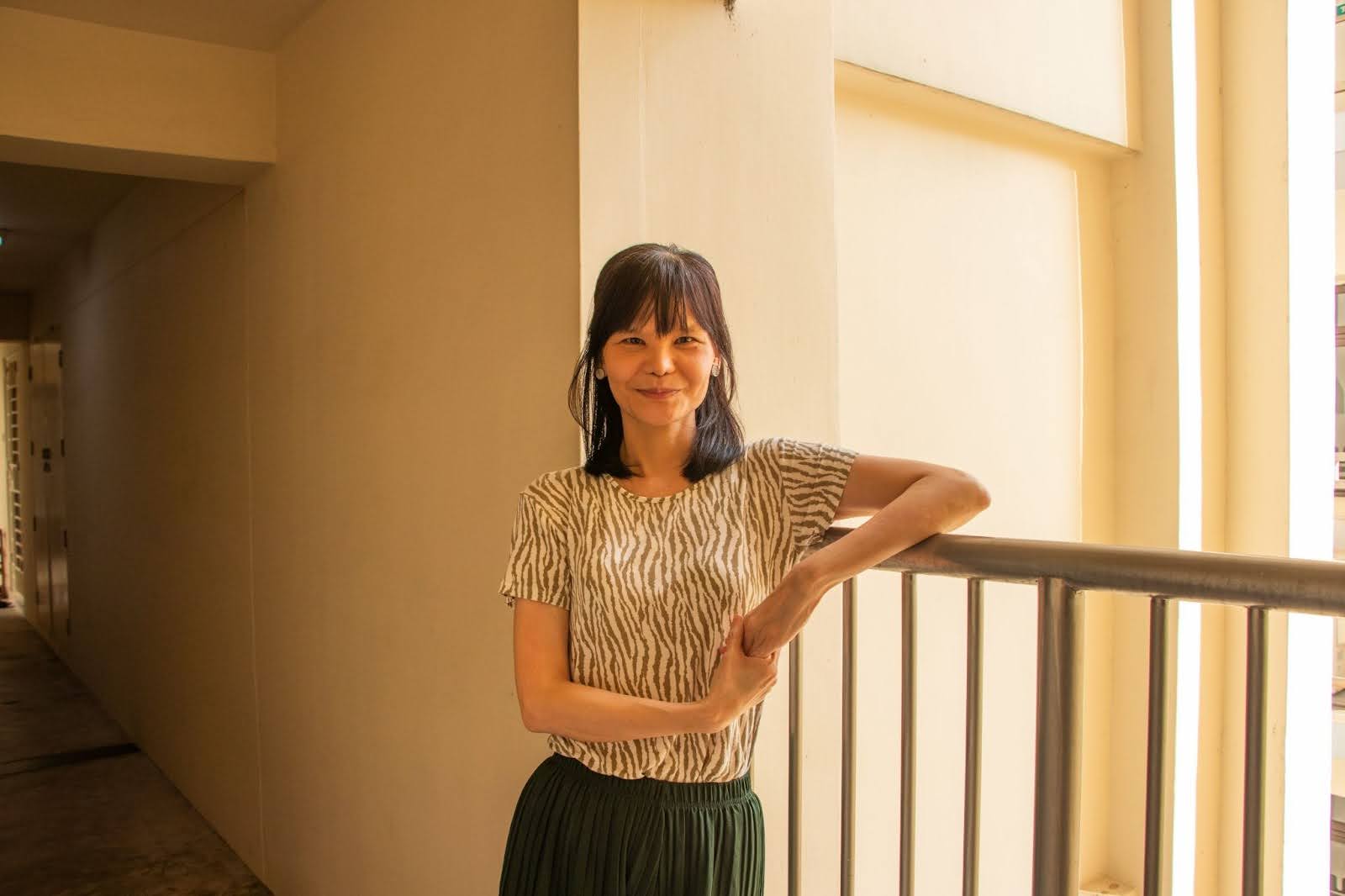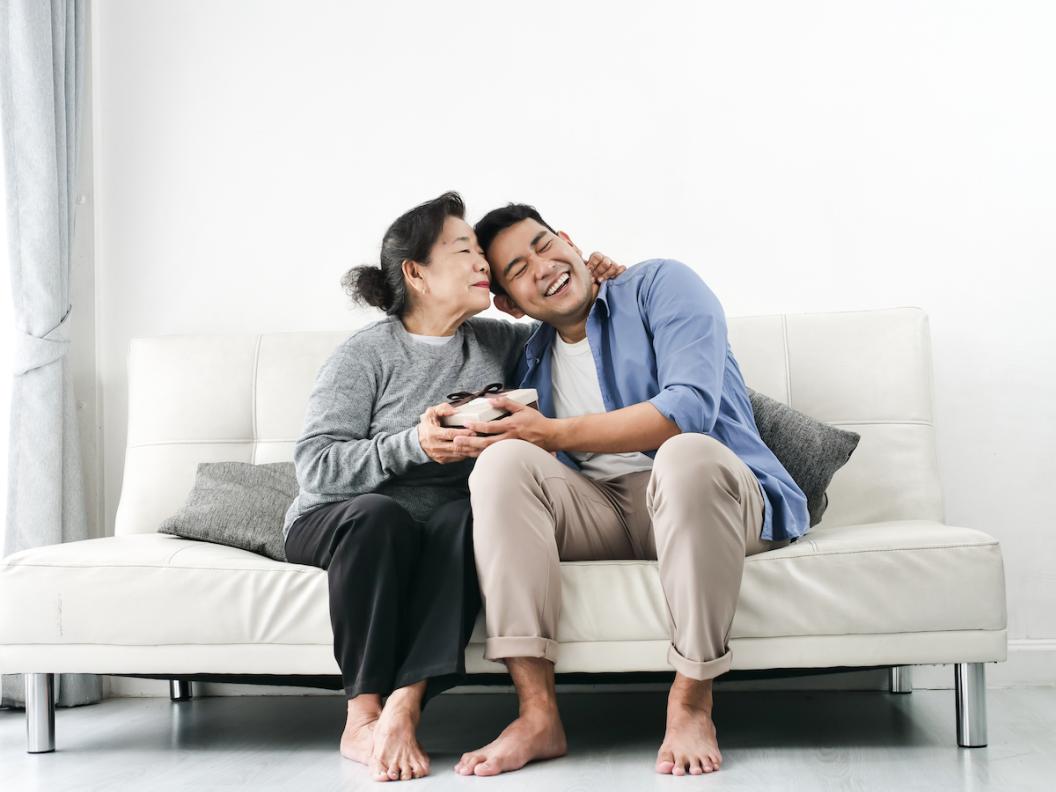
In the hustle and bustle of our daily lives, it’s all too easy to let moments pass us by unnoticed. For caregivers, this is a familiar scenario, as the demands of looking after a loved one often leave little room for ourselves. We often forget to take time to hit the pause button and just listen to ourselves think. That’s why embracing mindfulness can be beneficial, enhance resilience and help us cope better during stressful periods.
But first, what is mindfulness? In simple terms, mindfulness means living in the present, being more intentionally aware and awake to each moment, and being fully engaged with what is happening in your surroundings. This also means listening to your thoughts and becoming more attuned to your body.
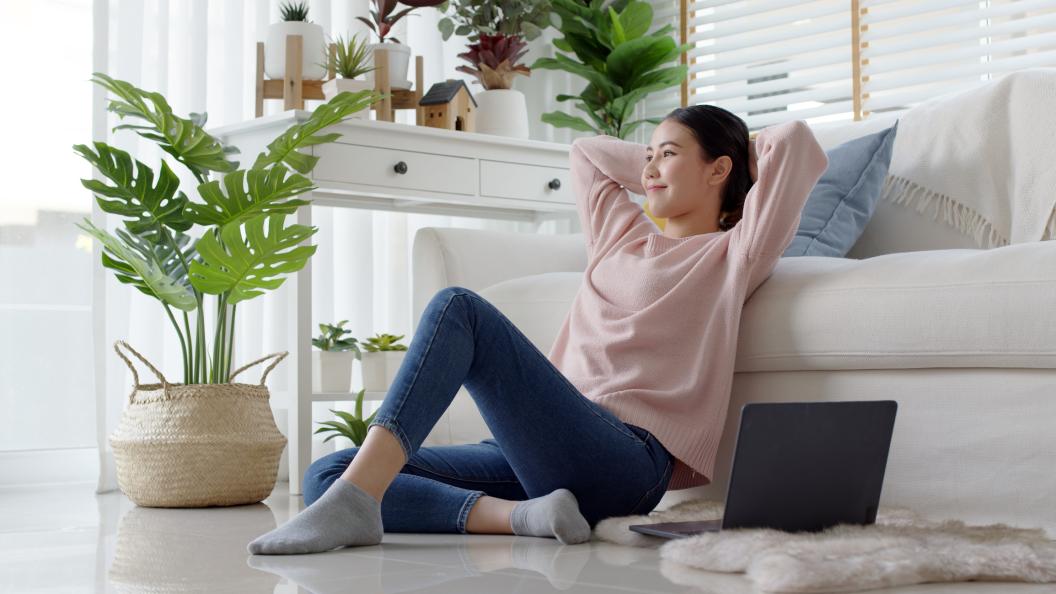
Why is mindfulness important for caregivers?
By being more attuned, mindfulness helps you stay in the present to manage your thoughts and emotions better. This helps you build emotional strength, allowing you to care for your loved ones more effectively.
Apart from this, mindfulness has a host of benefits:
Reduces stress.
Caregivers often have heavy responsibilities, and stress can be a constant companion. Mindfulness helps you find moments of peace amidst the chaos.
Increases resilience.
Mindfulness fosters a non-judgmental awareness of your thoughts and feelings, enabling you to respond to challenges with greater clarity and composure.
Improves emotional well-being.
Feelings of frustration, helplessness and anxiety may often appear along the caregiving journey. Mindfulness encourages self-compassion, helping you navigate these emotions without judgment. It offers you space to process these emotions.
Enhances patience and presence.
Mindfulness allows you to be more fully present in the moment, helping you foster a deeper sense of purpose in your role.
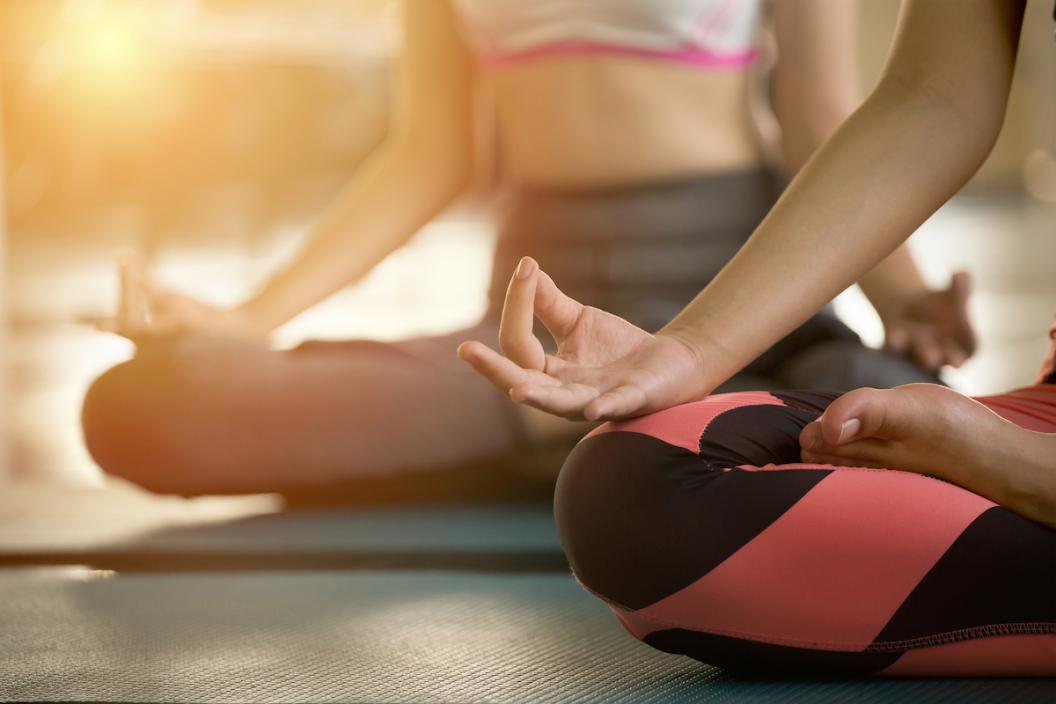
How do you weave mindfulness into your life?
Here are simple techniques to incorporate mindfulness into your everyday routine. When you get better at it, you’ll realise that you can actually infuse mindfulness in everything you do.
Meditation and pockets of solitude.
Start with a few minutes each day to meditate. Find a quiet space, sit comfortably and pay attention to your breathing or a specific mantra, like “peace” or “calm”. There are also many guided meditation apps or videos that can be helpful to try.
Meditation not your thing? Then find a few minutes in the morning or evening when you can be alone with your thoughts. Use the time to enjoy your coffee or tea in silence or write down your thoughts in a journal.
Mindful breathing.
Take a few moments every day to focus on your breath. Inhale deeply, counting to four, and exhale slowly to the same count. This can help calm your mind and centre your attention.
Integrate mindfulness in caregiving tasks.
Being a caregiver means you often have to run errands, such as going grocery shopping or getting prescriptions. Transform these errands into moments of mindfulness by paying attention to your steps, the sounds around you, and the feeling of sunlight or breeze on your skin.
Pay attention to the sights, sounds, and sensations involved while preparing meals, assisting with hygiene or administering medication. These are all opportunities to be more present.
Body scan.
Before sleeping, lie down and close your eyes. Visualise your body: Start at the top of your head and slowly go down your body, noticing any areas of tension or discomfort. Breathe in as you focus on each area and release the tension as you exhale.<
Give yourself a break.
Practise self-compassion. Be kind to yourself and acknowledge your limitations. Remember that you are human. You can’t do everything and nor should you.
Ask for help when needed.
Join a caregiver support group or seek professional guidance. These provide a space to share your experiences and learn mindfulness techniques tailored to your situation.
As you go through this journey of self-discovery and mindfulness, remember that every small step matters. While you’re a caregiver to your loved one, you’re also a caretaker of your own well-being.


